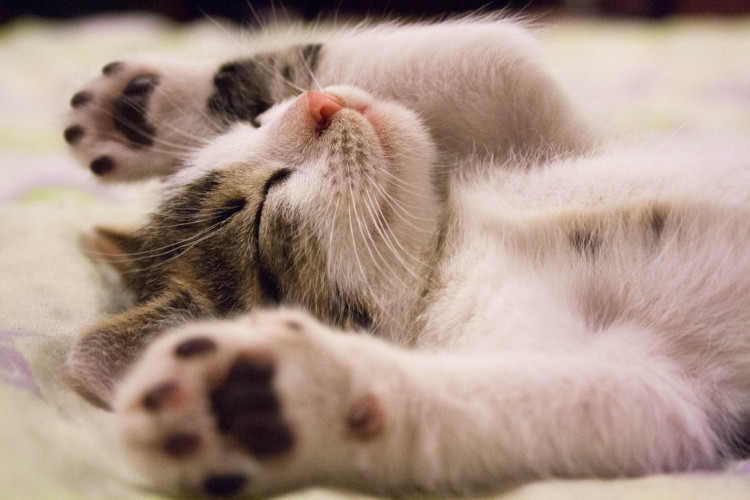Your felines are the cutest furball ever. Their big, round and curious eyes would always their ways to capture the hearts of anyone who they would bless their presence with. Their fluffy physique can be extremely irresistible with all the little fats and rolls they have. Despite their small body size, their hearts have a lot of love to give, though oftentimes they keep it as a secret.
With how sweet they can be, seeing those fluffy furballs getting extremely sick and becoming so weak can be hard for us fur parents to see. But know it is inevitable and one of the downsides of having this beloved pet-they tend to have shorter lives than ours.
Given this reason, it is crucial for us fur parents be informed of the possible illnesses and diseases that could affect our beloved cats. With the proper information, fur parents will be able to notice the signs early, which could give more opportunities for your fur baby to be treated the soonest.
HYPERTHYROIDISM
Cats also have a thyroid gland just like us humans. And imbalanced hormones would also mean an irregular and abnormal change in the body too. If the gland produces too many hormones, hyperthyroidism happens, as explained by Cornell University College of Veterinary Medicine. Cats suffering from this illness experience increased urination and water consumption, excessive thirst, weight loss, vomiting, and diarrhea. Furthermore, unmanaged hyperthyroidism could cause racing heart rate, hypertension, blood loss, or even stroke.
DIABETES MELLITUS
Considered a silent killer, diabetes mellitus can also occur in your cats if their pancreas fails to produce enough insulin to control the body's blood sugar rate. Once your cat has this illness, they are prone to excessive thirst, increased urination, being obese, lethargy, abnormal breathing and walking, and vomiting.
Once the veterinarian confirmed your pet is having diabetes, he will be given treatment to control his blood glucose, which includes insulin injections. These injections will be administered under their skin using a syringe. The dose of the insulin will depend on how high their blood glucose rate is.
Aside from diabetes mellitus and hyperthyroidism, there are still other illnesses among cats that you should have to watch out for. These include cancer, cardiac disease, and chronic kidney disease, as revealed by Pet Health Network.
Amid all these diseases, there are still things we can do to at least keep the lives of our felines longer. Some of those things include maintaining a haven for them, providing only high-quality diet, giving lots of affection, and encouraging them to exercise.






